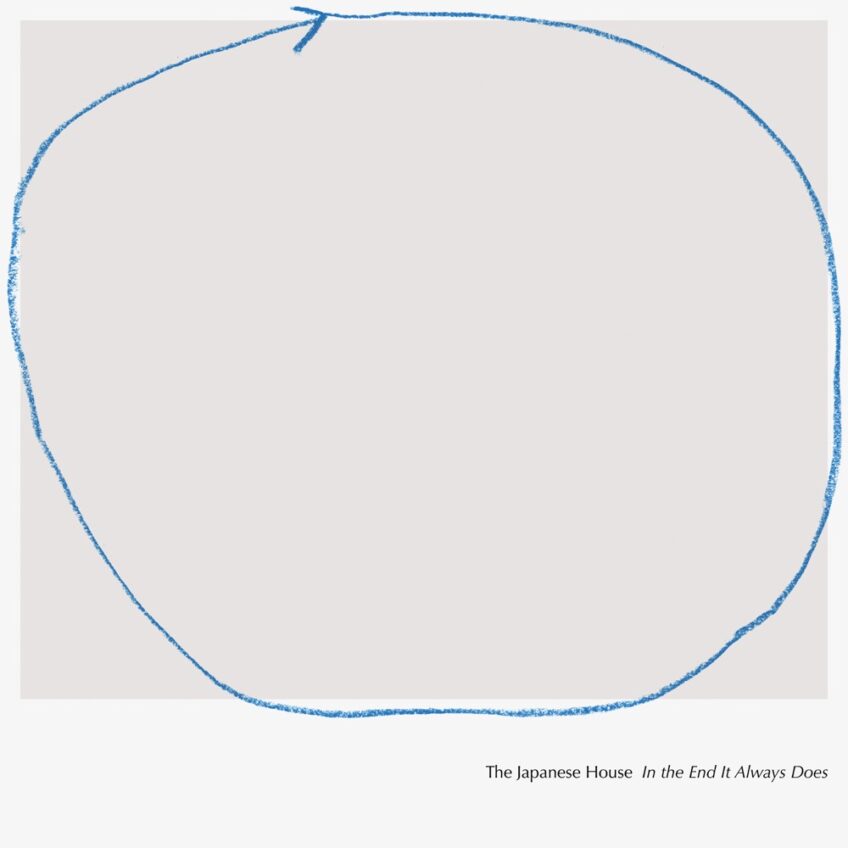7.4
The Japanese House’s “In the End It Always Does” is a vibrant exploration of heartbreak and self-reflection, masterfully blending poignant lyrics with upbeat production, offering listeners a deep dive into the complexities of love, loss, and personal growth.
Diving deeper into In the End It Always Does, we’re immediately captivated by the unmistakable aura of The Japanese House, the musical identity of Amber Bain. This album stands as a beacon of her artistic growth, offering a harmonious blend of introspection and lively production. The influence of collaborations with George Daniel from the 1975 and London’s Chloe Kraemer is palpable, adding a unique sonic layer that distinguishes the album.
Amber Bain’s odyssey through the intricate maze of heartbreak is the album’s heartbeat. Each song feels like a chapter in an expansive narrative, oscillating between profound melancholy and sheer exuberance. The presence of renowned artists such as Justin Vernon of Bon Iver, MUNA’s Katie Gavin, Matty Healy, and Charli XCX enriches the album, each contributing their unique essence to this emotional tapestry.
Tracks like Touching Yourself dive deep into the multifaceted nature of desire and the universal yearning for authentic connection. Bain’s raw and candid lyrics unveil a vulnerability that resonates deeply with listeners. Conversely, Boyhood offers introspection on the identity shifts that often shadow relationships, delving into the compromises made in love’s name.
A standout feature of the album is its adeptness at pairing profound emotional introspection with beats that beckon listeners to dance. Songs like Sunshine Baby exemplify this duality, juxtaposing reflective lyrics with an upbeat musical backdrop.
In moments of reflection, Bain delves into life’s grander questions, pondering the essence of a fulfilling life beyond the confines of romantic partnerships. Her lyrics craft vivid imagery of her day-to-day, from moments of solitude in reading to the tranquility of gardening. Tracks like Over There and Morning Pages shine in this light, their ethereal instrumentation and introspective lyrics capturing life’s quieter moments.
The brilliance of the album emerges when Bain’s poignant writing converges with the dynamic production of Kramer and Daniel. It’s a dance of contrasts – sorrow and joy, introspection and exuberance. With In the End It Always Does, The Japanese House embarks on a journey that’s as much about personal metamorphosis as it is about musical exploration. It’s an album that resonates, comforts, and celebrates the multifaceted nature of human existence.









